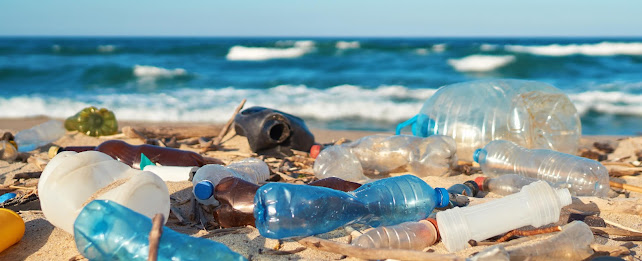Expert Technical Advice for Plastics Technology

Technical experts at Tinius Olsen have contributed their technical prowess to industry publications and their readers for many years. This month one of the leading titles within the plastics industry, Plastics Technology, have published an excellent interview with our own Applications Specialist, Harry Yohn. The feature takes an in-depth at the use of a melt indexer, such as the MP1200, to test the melt flow rate as defined by current test standard procedures. Harry has been a product applications specialist for Tinius Olsen since 1996 and has nearly 32 years of experience in mechanical and testing of plastics. He is also Vice Chair of the ASTM International Committee D20 on Plastics, as well as Subcommittee Chairman for the Thermal Properties group, D20.30. He has also been honored with several ASTM Service Awards. In the Plastics Technology interview, Harry suggests that although all operators say they follow the published test standards, such as ASTM D1238 or ISO 1133, n...
